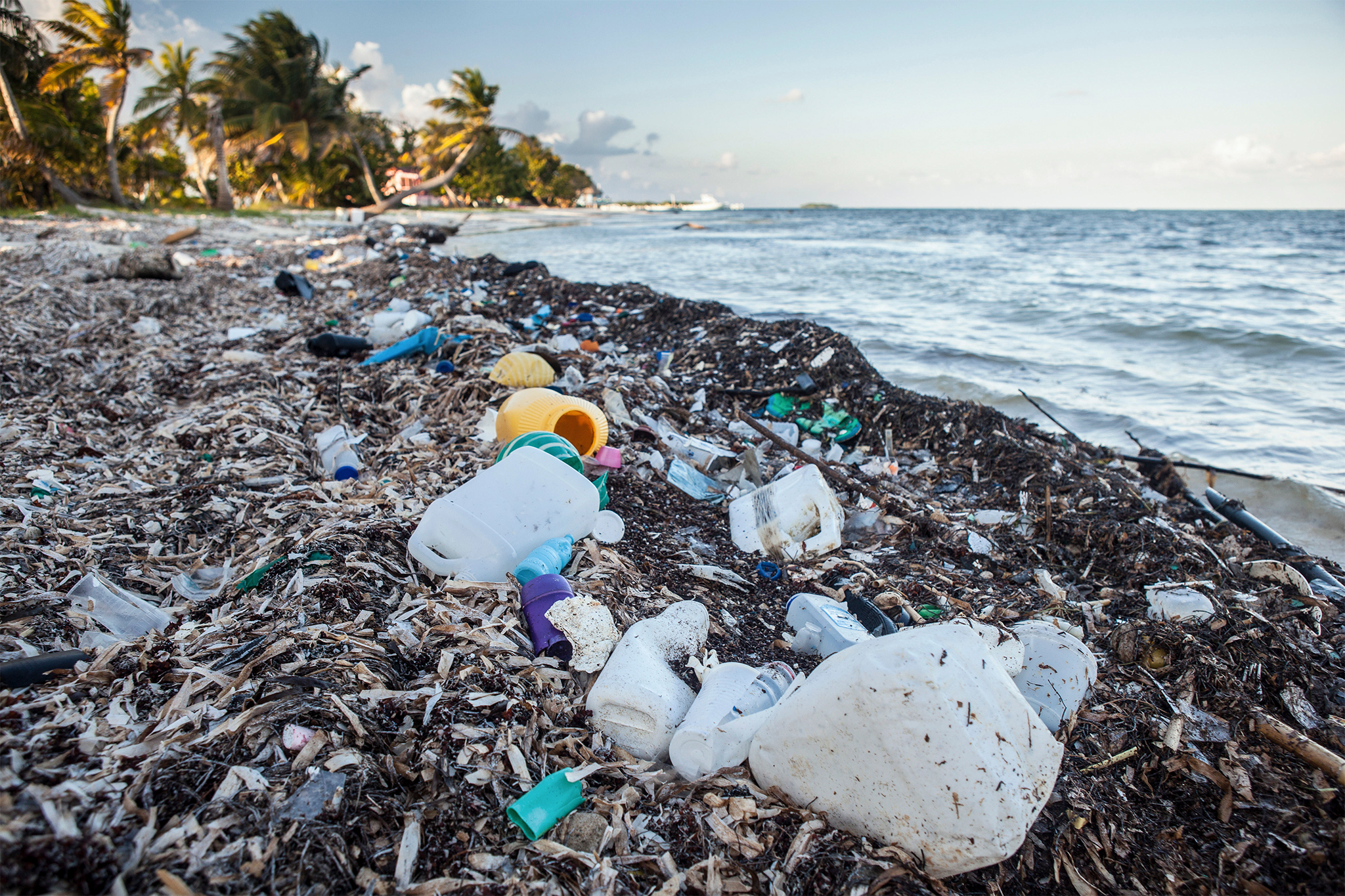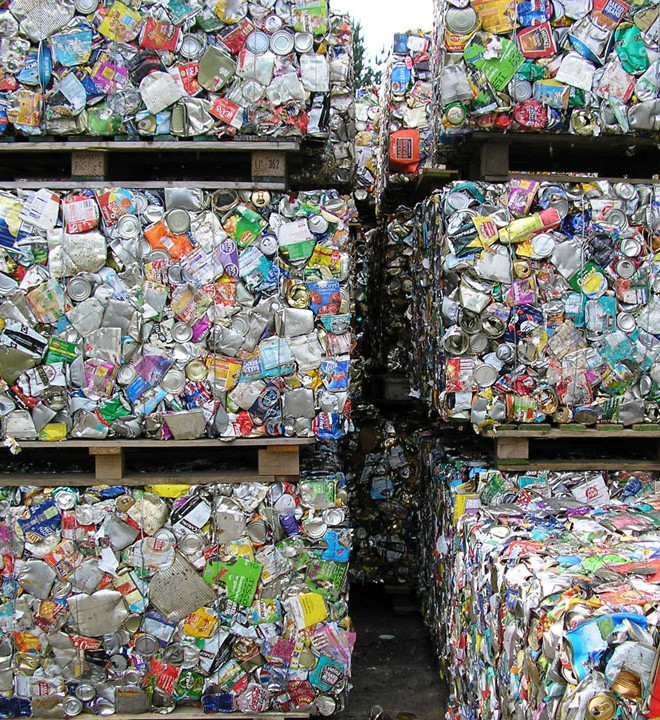10 Reasons To Recycle at Home Today
If you love this earth, you probably know that recycling is a great practice. But do you know why it is? Recent studies show that the average American generates over 5lbs. of trash every day. That’s collectively enough to fill a large sports stadium to the brim, twice, every day. Crazy, right? Here’s a few more recycling statistics we’ve uncovered:
– The EPA [ United States Environmental Protection Agency ] estimates that 75% of our trash is recyclable, though only about 30% of it gets recycled.
– 21.5 million tons of food waste are generated each year. If that food was composted, it would compare to reducing the same amount of greenhouse gas as taking 2 million cars off the road.
– Each year, Americans throw away 138 billion straws and stirrers.
– A glass container can go from a recycling bin to a store shelf in as few as 30 days
All such interesting and motivating statistics, though that last fact about the glass container being back on store shelves in 30 days made me think of every jar I’ve ever used and shamefully thrown away in the past. How many new things it could have become, and the impact of my jars with all the others around the globe that don’t make it to the recycling bin. Here at Tambor we strive to do our best to be responsible in this area and do our part to create the awareness this topic deserves. Here’s our top 10 Reasons To Recycle at Home Today.

Via National Geographic – Plastic Waste washed up at shore, Turneffe Atoll, Caribbean, Belize
1. Recycling saves energy
Conservation of energy is the key element for the fight against climate change. Recycling saves energy because the manufacturer doesn’t have to produce something new from raw natural resources. By using recycled materials we save on energy consumption, which keeps production costs down.
2. Recycling reduces landfills
Recycling reduces the need for more landfills. The size of existing landfills can be significantly reduced if we reduce our daily waste and recycle more.
3. Recycling reduces the use of toxic chemicals
Making products from already refined waste materials reduces the need for manufacturers to use toxic chemicals, essential when using raw materials.
4. Recycling is good for the economy
Recycling and purchasing recycled products creates a greater demand for more recycled goods. Goods made from recycled materials use less water, creates less pollution and uses less energy. Companies rely on recycling programs to provide the raw materials they need to make new products.
5. Recycling helps our climate problems and Global Warming
Recycling produces considerably less carbon, which reduces the amount of unhealthy greenhouse gas omissions.
6. Recycling creates jobs
Recycling in the U.S. is a $236 billion a year industry. More than 56,000 recycling and reuse enterprises employ 1.1 million workers nationwide.
7. Recycling reduces water pollution
Making goods from recycled materials generates far less water pollution than manufacturing from virgin materials.
8. Recycling saves you money
When you recycle or repurpose old products, like those honey jars or kombucha bottles, and have less dependency on new products and containers. We like to reuse our bottles for homemade cold-pressed juices. Check with your local food trucks or cafes, some of them may encourage the use of bringing in your own bowl or container and credit you. The same with bringing your own shopping bag to your local grocery shop.
9. Recycling conserves natural materials
Recycling helps conserve important natural materials and protects these habitats for the future. All the new products are made from raw materials which are procured from harvesting the earth’s natural resources. E.g. paper and wooden products are cut from trees.
10. Recycling preserves the future
By being aware of our consumption of recyclable products and how we’re sorting [ or not sorting them ] for waste will allow our future generations to live in abundance.
Each State and even City have different ways of sorting household waste. Check your city’s website to learn more about following its policy regarding proper recycling.
Sources:
www.dosomething.org
www.care2.com
www.starkstate.edu
www.hawaiizerowaste.org
www.recyclenow.com
www.opala.org
www.conserve-energy-future.com

